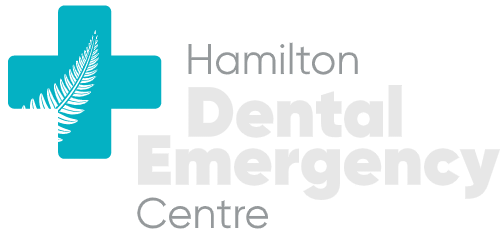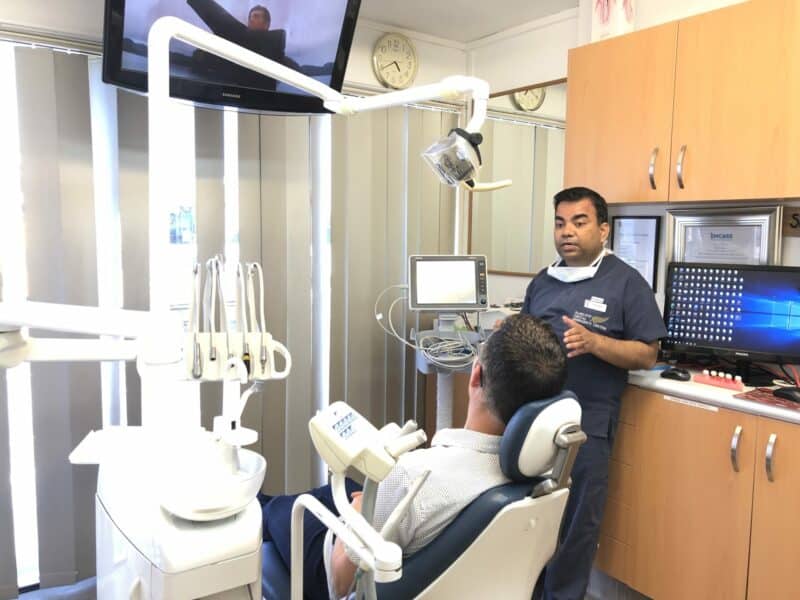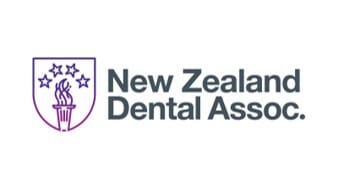Having your wisdom teeth extracted is a fairly common procedure, but there are some risks associated with it. Wisdom teeth are the last teeth to come in and can cause crowding and discomfort or even infections.
Hamilton Dental Emergency Care will help you understand the risks and complications associated with your unique situation. We are highly experienced and qualified in surgical wisdom teeth extraction and the use of IV sedation to ensure safe and comfortable removal.
Extracting wisdom teeth can help avoid ongoing problems, but it also may lead to some other issues. Bleeding, infection, nerve damage, and dry socket are some of the risks associated with wisdom teeth extraction.
The following risks are ones that we successfully manage every day:
1. Pain
Wisdom teeth extraction can be painful, and pain can last in the days after surgery. It’s important to take any pain medication prescribed by your doctor to cope with any pain.
2. Infection
Infection is one of the biggest risks of wisdom tooth extraction. Proper care of the wound is necessary to prevent infection.
3. Bleeding
Bleeding after wisdom teeth extraction is common, but it should remain minimal and stop within a couple of days.
4. Dry socket
Dry socket is a complication of wisdom teeth extraction where the blood clot at the site of extraction fails to form. This can lead to pain and infection.
5. Nerve damage
In some cases, the nerves that supply feeling to the face, lips, and tongue may be damaged during wisdom teeth extraction.
6. Swelling
Swelling is common after wisdom teeth extractions and can last for up to two weeks.
7. Jaw stiffness
Jaw stiffness may occur following wisdom teeth extractions due to the loss of supportive tissue during the procedure.
8. Damage to Surrounding Teeth
There is a potential for adjacent teeth to be damaged during the extraction, although this is very rare.
9. Sinus complications
If the wisdom teeth are close to the sinus cavity, there is a chance that part of the sinus membrane may be damaged during extraction.
10. Allergic reactions
Allergic reactions can occur to the anesthesia or antibiotics that are used during surgery.
How we manage these risks
Before undergoing wisdom teeth extraction, you will meet with your dentist to discuss any health concerns or potential risks. Your dentist can recommend certain medications to reduce the risk of infection and also provide instructions regarding pre–surgery preparation and post–surgery care.
It is important to follow the dentist’s instructions and self–care advice to reduce the risk of complications. Drink lots of water and eat soft foods like soup, yogurt, or well-cooked soft vegetables.

Additionally, please inform your dentist of any medical conditions or medications they are currently taking in order to reduce the risk of complications.
By working together to help you heal, we aim to remove your teeth without pain or complications.
Hamilton Dental Emergency Centre is the longest established after hours dentist. The practice is well equipped to handle majority of the dental emergencies 24/7, taking full advantage of the newest advances in technology within the field. Our patients benefit from the clinical expertise of Dr. David Smith and Dr. Rahul Gautam having a collective experience of more than 60 years.
Book an Appointment here or call us on 07 834 9293


 10 Interesting Facts About Your Wisdom Teeth
10 Interesting Facts About Your Wisdom Teeth

